
Find Help
More Items From Ergsy search
-

How are dividends in an ISA taxed?
Relevance: 100%
-
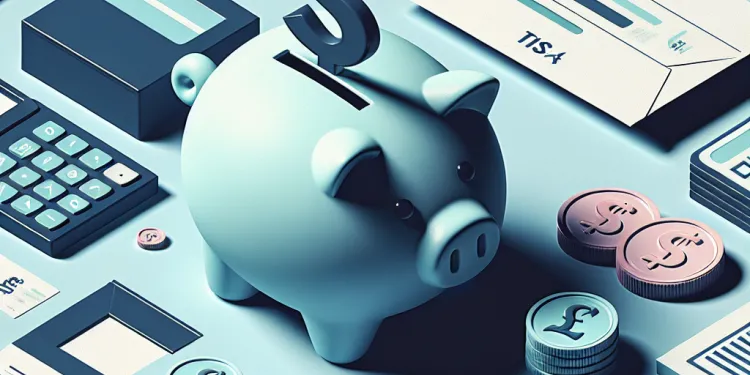
Do I need to declare my ISA income on my tax return?
Relevance: 89%
-

Can I invest in foreign stocks with an ISA?
Relevance: 77%
-

What Is An ISA UK (Should I have an ISA & Different Types Of ISAs)
Relevance: 76%
-

What is an ISA?
Relevance: 75%
-
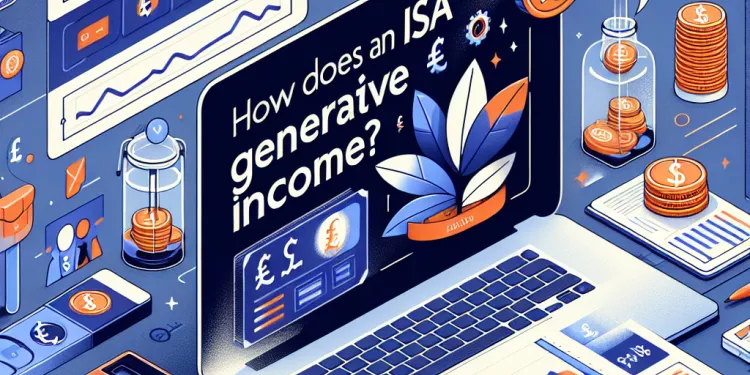
How does an ISA generate passive income?
Relevance: 74%
-

How much would I need in an ISA for a £2k monthly passive income?
Relevance: 69%
-

What happens if I exceed the ISA contribution limit?
Relevance: 67%
-

How will dividend taxation change in April 2026?
Relevance: 67%
-

How much would I need in an ISA to generate £2,000 monthly?
Relevance: 62%
-

Can I withdraw money from my ISA any time?
Relevance: 62%
-

What is a realistic rate of return for an investment ISA?
Relevance: 60%
-

Can I transfer my ISA between providers?
Relevance: 59%
-

Saving for the Future: The Best ISAs to Consider Right Now
Relevance: 57%
-
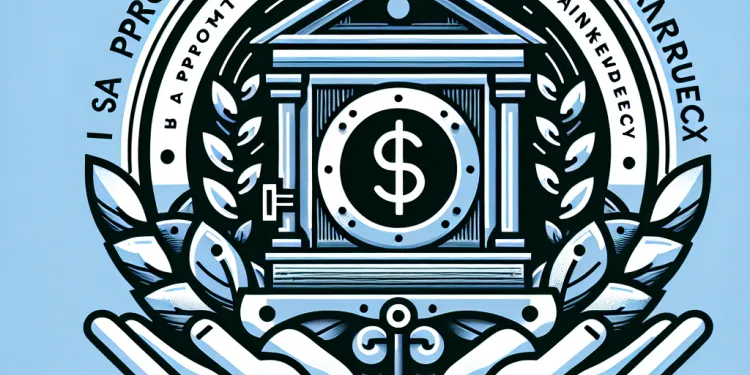
Is my ISA protected if my provider goes bankrupt?
Relevance: 56%
-

What types of ISAs can I use for investments?
Relevance: 54%
-
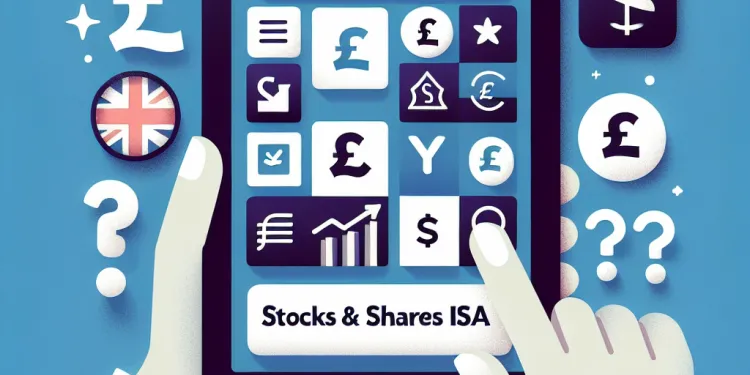
Are there fees associated with Stocks & Shares ISAs?
Relevance: 51%
-

What information do I need to complete my Self Assessment tax return?
Relevance: 46%
-

Can I have multiple ISAs?
Relevance: 43%
-

How does a wealth tax differ from an income tax?
Relevance: 37%
-

How do I complete my Self Assessment tax return?
Relevance: 35%
-

Do seniors receive any tax benefits?
Relevance: 35%
-

What is an online tax return?
Relevance: 32%
-

What assets are subject to inheritance tax?
Relevance: 32%
-

Starting your online tax return
Relevance: 31%
-

What is a Self Assessment tax return?
Relevance: 31%
-

Is it necessary to complete a final tax return for the deceased?
Relevance: 31%
-

What taxes need to be paid from the deceased’s estate?
Relevance: 30%
-

What are HMRC Income Tax Changes in April 2026?
Relevance: 30%
-

Who needs to file a Self Assessment tax return?
Relevance: 30%
-

What documents do I need to file my taxes online?
Relevance: 29%
-

What are the HMRC income tax changes coming into effect in April 2026?
Relevance: 29%
-

Are there alternatives to a wealth tax for addressing inequality?
Relevance: 29%
-

What is input tax and output tax?
Relevance: 29%
-

Would a wealth tax replace other taxes in the UK?
Relevance: 28%
-

Is there a difference between inheritance tax and estate tax?
Relevance: 28%
-

Why doesn't the UK have a wealth tax?
Relevance: 28%
-

Could a wealth tax encourage tax avoidance?
Relevance: 28%
-
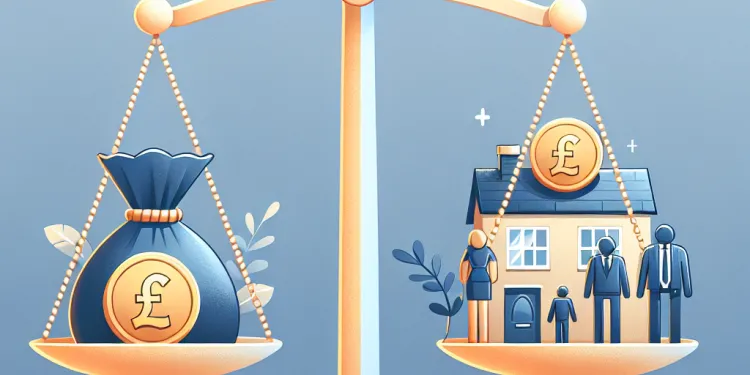
Do unpaid tax debts affect Inheritance Tax calculations?
Relevance: 27%
-

Can my tax refund be applied to my future tax obligations?
Relevance: 27%
Understanding Dividends in an ISA
Individual Savings Accounts (ISAs) are a popular investment choice in the UK due to their tax-efficient nature. An ISA allows individuals to save or invest money without paying tax on the returns. One of the key benefits of ISAs is their treatment of dividends, which can be especially beneficial for investors seeking to maximize their after-tax returns.
What is a Dividend?
Dividends are payments made by a corporation to its shareholders, typically derived from the company's profits. They serve as a way for shareholders to earn a return on their investment in addition to any capital gains from selling the shares. The frequency and amount of dividends depend on the company's profitability and its dividend policy.
Investing in an ISA
Individuals can invest in several types of ISAs, including Cash ISAs, Stocks and Shares ISAs, Innovative Finance ISAs, and Lifetime ISAs. Each has its own rules and benefits, but they all share a common advantage: tax-efficiency. For those investing in Stocks and Shares ISAs, understanding how dividends are taxed is crucial.
Tax on Dividends Outside an ISA
Outside of an ISA, dividends received by UK taxpayers are subject to tax. While a dividend allowance lets individuals receive a certain amount of dividends tax-free, any amount above this threshold is taxed based on the taxpayer's income tax band. This can mean significant tax liabilities for larger dividend incomes.
Tax Treatment of Dividends in an ISA
One of the main advantages of holding investments within an ISA is the complete exemption from UK tax on dividends. When dividends are paid on investments held within a Stocks and Shares ISA, they are not subject to UK dividend tax at all. This means that investors keep the full amount of any dividends received, with no need to account for them in their tax returns.
Benefits of Tax-Free Dividends
This tax-free treatment can be especially beneficial for individuals who have significant investments in grossing income through dividends. By using an ISA, investors can keep more of their investment returns, which can be reinvested to compound future growth. Additionally, not having to include these dividends on a tax return simplifies the administrative burden for taxpayers.
Conclusion
ISAs offer a valuable opportunity for UK investors to shelter their dividend income from taxes. By investing in a Stocks and Shares ISA, shareholders can enjoy tax-free dividends, which enhances the overall return on their investments. This makes ISAs an attractive option for those looking to maximize their investment efficiency and capital growth without the concern of additional tax charges on their dividend income.
Understanding Dividends in an ISA
An ISA is a way to save or invest money in the UK. The best part is that you don't have to pay tax on the money you earn from it. This is good news if you're an investor because it also applies to dividends. Dividends can help investors make more money without losing any to taxes.
What is a Dividend?
Dividends are money that a company gives to people who own its shares. This money usually comes from the company's profits. If you have shares in a company, dividends are a way to earn money without selling your shares. How much and how often you get dividends depends on the company.
Investing in an ISA
You can choose from different types of ISAs: Cash ISAs, Stocks and Shares ISAs, Innovative Finance ISAs, and Lifetime ISAs. Each has its own advantages, but the main benefit is paying less tax. It's important to know how dividends work in a Stocks and Shares ISA so you can get the most out of your money.
Tax on Dividends Outside an ISA
If you earn dividends and they are not in an ISA, you might have to pay tax on them in the UK. There's a limit to how much dividend money you can receive tax-free. If you earn more than this limit, you pay tax on the extra amount. This can be a lot if you earn a lot in dividends.
Tax Treatment of Dividends in an ISA
When you have dividends in an ISA, you don't pay any UK tax on them. This means if your investment in a Stocks and Shares ISA pays dividends, you keep all of it. You also don't have to tell the government about them on your tax return.
Benefits of Tax-Free Dividends
Having tax-free dividends helps you keep more of the money you make from your investments. You can reinvest this money and possibly grow it even more over time. It also makes dealing with taxes easier because you don't need to do extra paperwork for your dividends.
Conclusion
ISAs are a great way for people in the UK to keep dividends without paying taxes. If you have a Stocks and Shares ISA, your dividends are tax-free. This means your investments can grow more because you keep more of your earned money. ISAs are a good option if you want to make the most out of your investments without worrying about extra taxes.
Frequently Asked Questions
Useful Links
Have you found an error, or do you have a link or some information you would like to share? Please let us know using the form below.
-->
This website offers general information and is not a substitute for professional advice.
Always seek guidance from qualified professionals.
If you have any medical concerns or need urgent help, contact a healthcare professional or emergency services immediately.
Some of this content was generated with AI assistance. We’ve done our best to keep it accurate, helpful, and human-friendly.
- Ergsy carfully checks the information in the videos we provide here.
- Videos shown by Youtube after a video has completed, have NOT been reviewed by ERGSY.
- To view, click the arrow in centre of video.
- Most of the videos you find here will have subtitles and/or closed captions available.
- You may need to turn these on, and choose your preferred language.
- Go to the video you'd like to watch.
- If closed captions (CC) are available, settings will be visible on the bottom right of the video player.
- To turn on Captions, click settings .
- To turn off Captions, click settings again.
More Items From Ergsy search
-

How are dividends in an ISA taxed?
Relevance: 100%
-

Do I need to declare my ISA income on my tax return?
Relevance: 89%
-

Can I invest in foreign stocks with an ISA?
Relevance: 77%
-

What Is An ISA UK (Should I have an ISA & Different Types Of ISAs)
Relevance: 76%
-

What is an ISA?
Relevance: 75%
-

How does an ISA generate passive income?
Relevance: 74%
-

How much would I need in an ISA for a £2k monthly passive income?
Relevance: 69%
-

What happens if I exceed the ISA contribution limit?
Relevance: 67%
-

How will dividend taxation change in April 2026?
Relevance: 67%
-

How much would I need in an ISA to generate £2,000 monthly?
Relevance: 62%
-

Can I withdraw money from my ISA any time?
Relevance: 62%
-

What is a realistic rate of return for an investment ISA?
Relevance: 60%
-

Can I transfer my ISA between providers?
Relevance: 59%
-

Saving for the Future: The Best ISAs to Consider Right Now
Relevance: 57%
-

Is my ISA protected if my provider goes bankrupt?
Relevance: 56%
-

What types of ISAs can I use for investments?
Relevance: 54%
-

Are there fees associated with Stocks & Shares ISAs?
Relevance: 51%
-

What information do I need to complete my Self Assessment tax return?
Relevance: 46%
-

Can I have multiple ISAs?
Relevance: 43%
-

How does a wealth tax differ from an income tax?
Relevance: 37%
-

How do I complete my Self Assessment tax return?
Relevance: 35%
-

Do seniors receive any tax benefits?
Relevance: 35%
-

What is an online tax return?
Relevance: 32%
-

What assets are subject to inheritance tax?
Relevance: 32%
-

Starting your online tax return
Relevance: 31%
-

What is a Self Assessment tax return?
Relevance: 31%
-

Is it necessary to complete a final tax return for the deceased?
Relevance: 31%
-

What taxes need to be paid from the deceased’s estate?
Relevance: 30%
-

What are HMRC Income Tax Changes in April 2026?
Relevance: 30%
-

Who needs to file a Self Assessment tax return?
Relevance: 30%
-

What documents do I need to file my taxes online?
Relevance: 29%
-

What are the HMRC income tax changes coming into effect in April 2026?
Relevance: 29%
-

Are there alternatives to a wealth tax for addressing inequality?
Relevance: 29%
-

What is input tax and output tax?
Relevance: 29%
-

Would a wealth tax replace other taxes in the UK?
Relevance: 28%
-

Is there a difference between inheritance tax and estate tax?
Relevance: 28%
-

Why doesn't the UK have a wealth tax?
Relevance: 28%
-

Could a wealth tax encourage tax avoidance?
Relevance: 28%
-

Do unpaid tax debts affect Inheritance Tax calculations?
Relevance: 27%
-

Can my tax refund be applied to my future tax obligations?
Relevance: 27%


